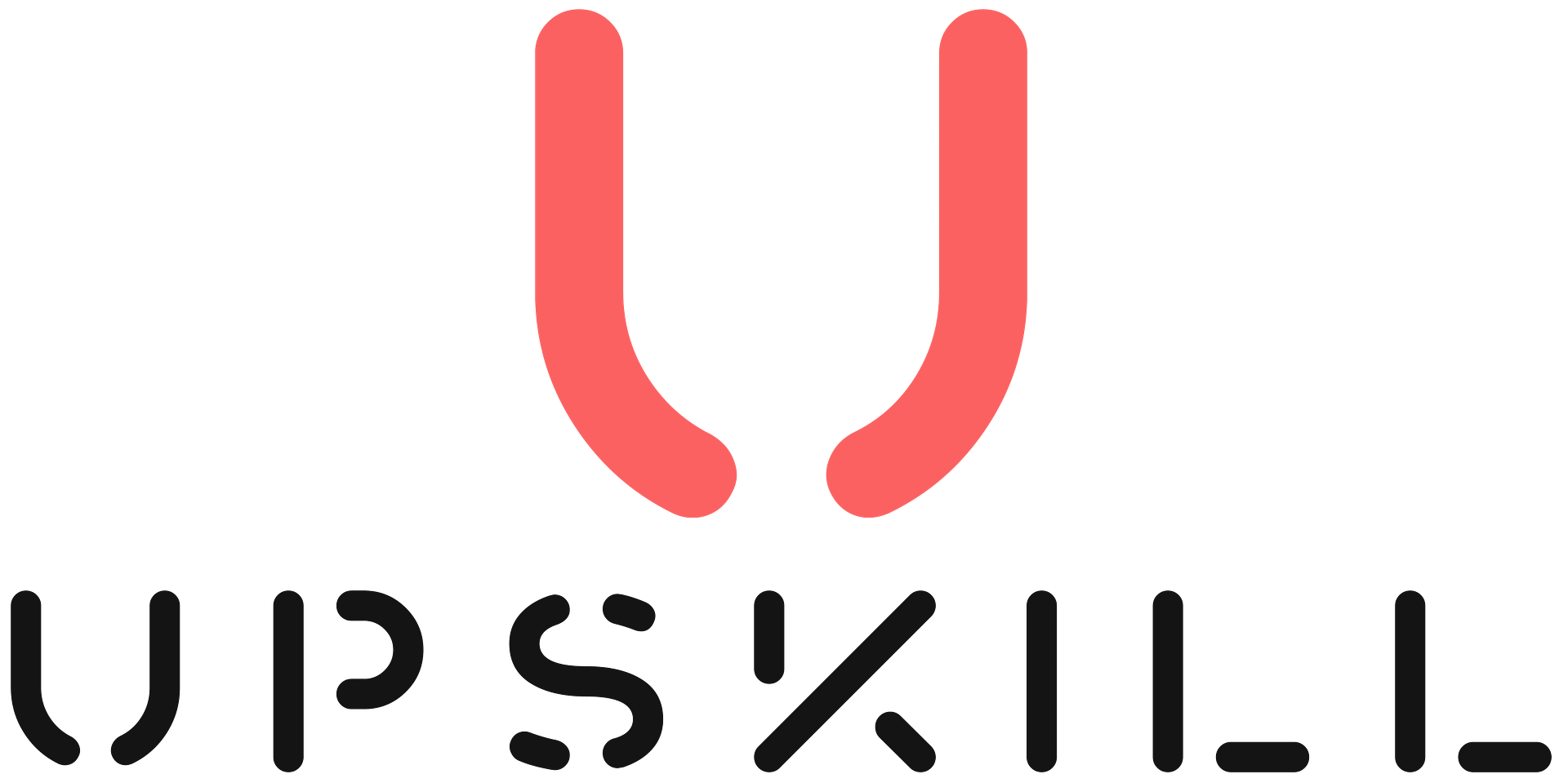Virtual World and Game Development: An Introduction

Virtual world and game development is the process of creating immersive, interactive 3D environments and experiences. These can be anything from video games to virtual reality (VR) and augmented reality (AR) experiences. Virtual world and game development requires a combination of technical skills, such as programming and 3D modeling, as well as creative skills, such […]
The Metaverse: A Virtual World of Possibilities

The Metaverse is a term to describe a virtual world that is immersive and interactive, where users can create and experience a wide range of activities and scenarios. It is a concept that has been explored in science fiction for decades, but it is now starting to become a reality thanks to advances in virtual […]
Introduction to NFTs: Understanding Non-Fungible Tokens

NFTs, or non-fungible tokens, are a type of digital asset that represents ownership of a unique item or piece of content. Unlike traditional cryptocurrencies, which are interchangeable and have no inherent value, NFTs are unique and cannot be replaced or exchanged for another identical item. This uniqueness makes NFTs valuable and allows them to be […]
The Basics of Cryptocurrencies: A Beginner’s Guide

Cryptocurrencies are digital assets that use cryptography for secure financial transactions. These assets are decentralized, meaning that they are not controlled by any central authority like a government or bank. Instead, they rely on a distributed network of computers to validate and record transactions. The first and most well-known cryptocurrency is Bitcoin, which was created […]
Decentralized Content Distribution Platforms: An Overview

Decentralized content distribution platforms are a new type of platform that uses blockchain technology to distribute and store content in a decentralized manner. This contrasts with traditional platforms, which typically rely on centralized servers to store and distribute content. Decentralized content distribution platforms have the potential to offer several benefits, including greater interoperability, censorship-resistance, and […]
Decentralized Identity Management: An Overview

Decentralized identity management refers to the use of blockchain technology to allow individuals and organizations to take control of their own digital identity information and store it securely. This decentralized approach improves privacy and security compared to traditional, centralized systems. Decentralized identity also has the potential to streamline identity verification processes, as individuals and organizations […]
Decentralized Autonomous Organizations (DAOs): An Overview

Decentralized Autonomous Organizations (DAOs) are digital organizations that operate on decentralized platforms, such as blockchain, without the need for traditional intermediaries or central authorities. They are designed to be transparent, autonomous, and self-governed, using smart contracts and decentralized voting systems to make decisions and allocate resources. DAOs offer a new model of decentralized governance and […]
Decentralized Finance (DeFi): An Overview

Decentralized finance, or DeFi, is a rapidly growing sector in the world of cryptocurrency and blockchain technology. DeFi refers to a range of financial services and products that are built on decentralized platforms, using smart contracts and blockchain technology to facilitate transactions and interactions. DeFi offers a number of advantages over traditional finance, including increased […]
Decentralized Applications (dApps): How They Are Being Used?

Web3 applications, or dApps, are decentralized applications that operate on a blockchain or decentralized network. They offer a number of advantages over traditional web applications, including increased security, transparency, and autonomy. In this article, we will explore some examples of how Web3 applications are being used in various industries. Table of Contents dApps dApps are […]
Decentralized Marketplaces: The Future of Online Commerce

Blockchain technology has given rise to a new generation of marketplaces that operate on decentralized networks. These marketplaces offer a range of services, including decentralized exchanges (DEX) for trading cryptocurrencies, cryptocurrency exchanges for buying and selling digital assets, and NFT marketplaces for buying and selling unique digital items. Table of Contents Decentralized Exchanges (DEX) Decentralized […]
